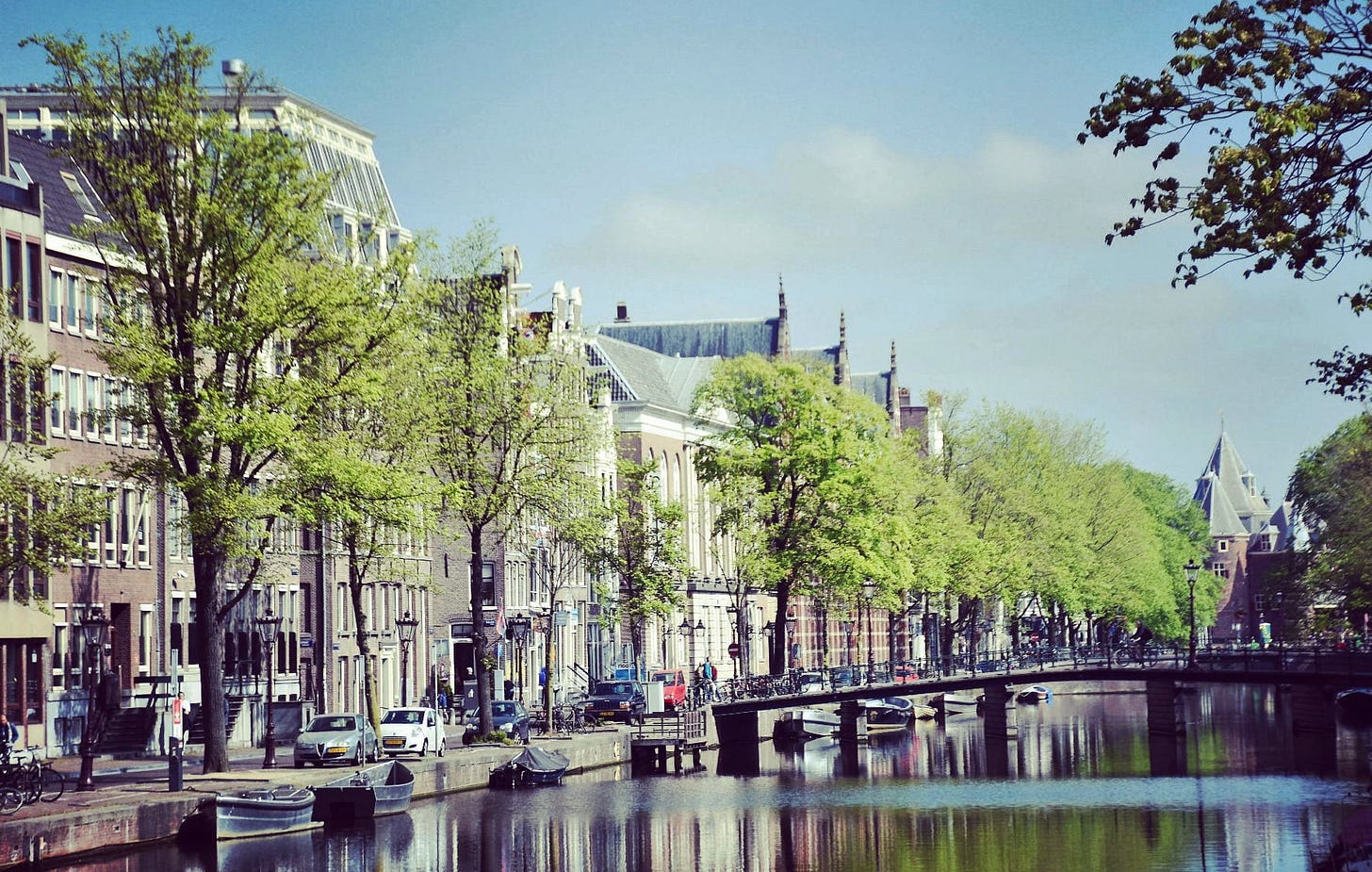Rectifying Wagner
Cultural barbarians vandalize the classics with puerile modern obsessions.
Every June there’s a theater and music festival in Amsterdam, the venerable Holland Festival. This year we find this:
A rectification of Wagner’s legendary opera
Stories Wagner left out get a place after all in this multi-voiced adaptation of Der Ring des Nibelungen by Schauspielhaus Zürich.
Is it still possible to stage Richard Wagner’s Der Ring des Nibelungen without addressing themes like racism, gender and identity? Not just like that, the German writer Necati Öziri and director Christopher Rüping feel. Wagner’s opera, which is about the hunger for power and a ring with magical powers, draws a distinction between different kinds of creatures and thus excuses unequal treatment.
But neither is it an option to ignore the work, with its globally utilised music, centuries-old mythic tales and seducing praise of nature. This would be to wrongly deny the influence the separate parts - Das Rheingold, Die Walküre, Siegfried and Götterdämmerung – had on many artists the last one hundred and fifty years.
So Rüping and Öziri made a powerful, extravagant adaptation. Öziri calls it a ‘rectification’ himself and together they give a place to the voices and stories Wagner left out. Together with musician and poet Black Cracker and an orchestra of individual musicians, they turn the dead white composer’s magnum opus into a new, multi-voiced theatrical extravaganza for the 21st century.
And:
In this theatrical remake of Wagner's famous opera, Wotan is a man-pleasing whiner who is troubled by the fact that his white masculinity no longer suffices to rule the world. But the spotlight is mainly put on characters who in the original version only play a supporting role. They are now given the space to tell their own story. The original texts make way for a series of monologues by these characters.
Little remains of the original music either. DJ Black Cracker, who is in charge of the music and who will be on stage throughout the performance, invited eight musicians with different backgrounds to make their own interpretation of the music. The combination of new texts and music can best be considered a 'rectification' of Wagner's masterpiece, according to the makers.
Zum kotsen, as the Germans say. In recent decades this has been the bane of my existence as opera aficionado and occasional theater-goer: directors, usually from Germany, who vandalize the classics.
Several observations: Yes, I understand that every generation interprets the classics slightly differently, finds different things more important. Yes, I understand that modern cultural institutions have to attract a younger crowd, so to speak.
And yes, in the hands of a creative, intelligent theater-maker like Peter Sellers, novel stagings can sometimes be successful. I’ve seen several of his Handel stagings — Orlando and Giulio Cesare — and they were enjoyable. My problem is with the current generation of directors trying to be edgy and woke, who aren’t interested in exploring and experimenting with the conventions of a work’s historical context, but inflict all manner of gimmicks and distractions on a given work.
One of my finest operatic memories in Amsterdam was a Cosí fan tutti presented by our second national opera company, the Reis Opera, which is based in the eastern city of Enschede and, as its name in Dutch suggests, is a travelling ensemble, and performs in provincial cities and towns throughout the country. One sunny afternoon in May many years ago, they descended upon Amsterdam, considered the cultural capital of the Netherlands, and I attended a performance at the old Stadsschouwburg, the former opera house on the Leidseplein, which now hosts mostly theater productions.
It was an incandescent performance; the conductor was René Jacobs, who is without equal in the Baroque and early classical repertoire. Of the cast, I only recall the Foridigli, the wonderful Irish singing actress Marie McLaughlin, who has been for many years a regular at Covent Garden. Under the vigorous and enlivening direction of Jacobs, the cast, with minimal staging — nice costumes, a few props — gave an unforgettable performance. No gimmicks, no distractions, no message. Just Mozart.
It was so good, I returned a day or two later for the second scheduled performance. Both days the hall was nearly empty. The fine May weather may have had something to do with it, but more likely it was cosmopolitan disdain; this provincial opera company was not fashionable. Metropol, bien pensant Amsterdam went to the Dutch Opera at the modern opera house, which was. Because it was edgy and woke?
The way Europeans plunder their own rich culture in this way is so demonstrative of the general moral and aesthetic decay of the age. Our Vandals and Visigoths are attacking from within.



"No gimmicks, no distractions, no message. Just Mozart." This sounds like a perfect performance. How I have missed the opera. :-)